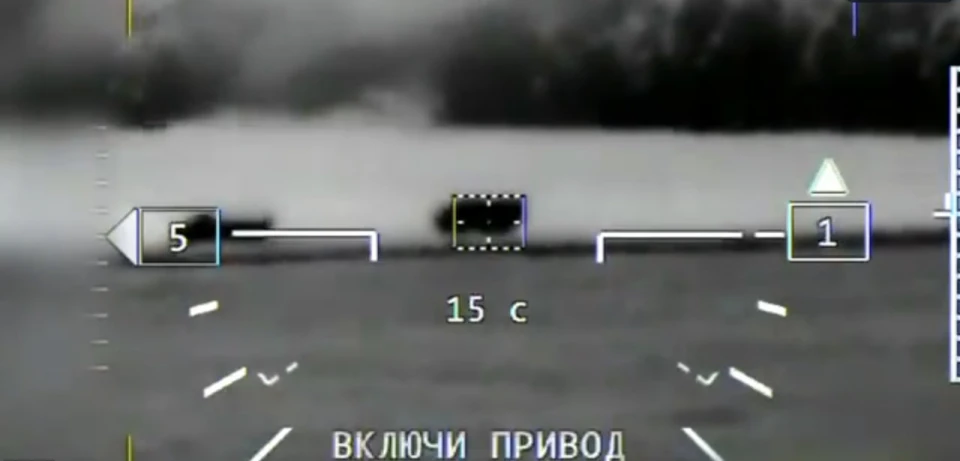
Russian Ka-52 opens friendly fire Kursk region, its pilot goes to front
Even if there is a significant amount of fiction in this story, it still speaks volumes about Russia's current military situation
Defense Express information and consulting company reported the story.
Specialized Russian forums are discussing the story that during the Ukrainian Armed Forces' operation in the Kursk region, one of the Russian army's Ka-52s attacked a convoy of its own troops.
This episode of “friendly fire” was initially presented by Russian propaganda as a strike on the Ukrainian army convoy, but when the real picture emerged, it was announced that the pilot of this Ka-52 was drunk and that he had voluntarily asked to join the front as an infantryman to “redeem himself with blood,” so to speak.
As the authors of the Polish Defence24 argue here, Russian propaganda, especially after the epic attack on the Russian troop convoy near Oktyabrskoye in Kursk region by Ukrainian HIMARS, desperately needed at least some kind of “victory.”
That's why they grabbed onto the footage of a Russian Ka-52 attacking an unknown convoy, which was initially claimed to be a “unit of the Armed Forces of Ukraine,” but later it turned out that the attack was on two trucks and two Russian Msta-S self-propelled artillery systems, the report explains.

Defense Express emphasizes that any data, even rumors, circulating in Russia should always be subjected to critical analysis. Especially since even such data can clearly indicate the situation within the Russian occupation forces.
To begin with, the version that the pilot of the Russian Ka-52 was drunk may actually be a “cover” for them to avoid recognizing two of their basic problems.
The first of them is that, as the above images show, the onboard equipment on the Ka-52 cannot provide a sufficiently high-quality image for the crew to clearly identify targets. The second is that, apparently, at the level of headquarters structures, the Russian army still has problems collecting data that should provide situational awareness at all levels of command, in particular for the purpose of transmitting targeting information to army aviation crews.
Another rather revealing point is actually in this “biographical” moment: “the pilot admitted that he was drunk and asked to go to the front himself.” This can simply illustrate how harshly the Russian system of punishment can work now.
Because, apparently, when the Russian command was putting this story about sending a helicopter pilot as an infantryman to the front, it was clearly guided by the intention to punish as harshly as possible rather than to think about preserving scarce personnel.
- News












































